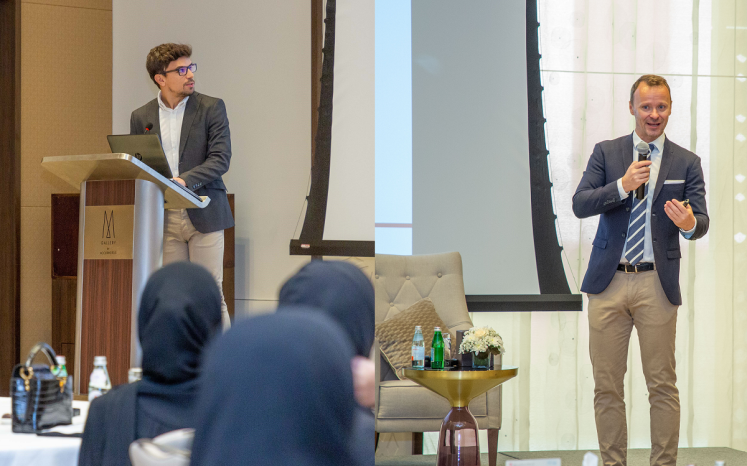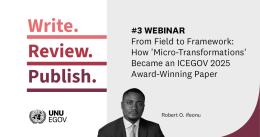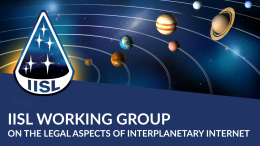To Accelerate the Digital Transformation of the Public Sector of Qatar, the Ministry of Communications and Information Technology (MCIT) and UNU-EGOV have, since January 2023, worked closely to improve the required skills and capacities of Qatari officials. A tailored capacity development programme was recently conducted in Doha, Qatar, and at UNU-EGOV in Guimarães, Portugal.
Hosted by UNU-EGOV, 15 officials from MCIT were in Guimarães between 15-19 May 2023 for executive training. A set of interactive modules, led by a multi-disciplinary group of experts, covered the essential elements of technology-enabled innovation in the public sector. Trends and use cases related to governance, cross-governmental coordination and collaboration were conducted, as was the legal and regulatory framework. Emerging technologies and concepts were the focus of discussions and group work, not least with respect to leadership, innovation, change management, and specific technologies and methods.
On 28-30 May 2023, UNU-EGOV experts João Martins and Morten Meyerhoff Nielsen were hosted by MCIT in Doha for two days of capacity development. The nuts and bolts of digital transformation and GovTech were the focus, as were specific trends, use cases and good practice for next-generation service design, service delivery ecosystems, portals, once-only and open data principles. Organised at the MGallery Alwadi Hotel in Doha’s Msheireb Downtown district, 25 participants from different Qatari public entities participated, including MCIT and the Planning and Statistics Authority of Qatar.
The next step in the partnership is an upcoming 5-day training on Digital Transformation and Sustainable Development (planned for October 2023). Linking the UN Sustainable Development Goals and digital transformation of the public sector and society at large, the training will answer questions such as what makes development sustainable and what concepts, technologies and tools may facilitate increased environmental and socio-economic sustainability. This is complemented by experiences, limits and challenges, how to measure not only the financial return on investment but also the potential carbon reductions.




